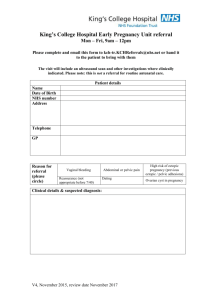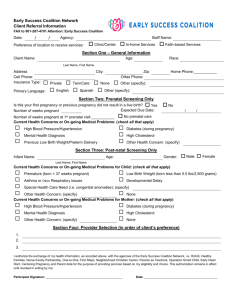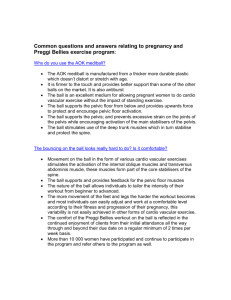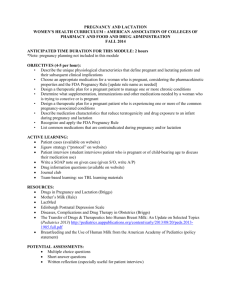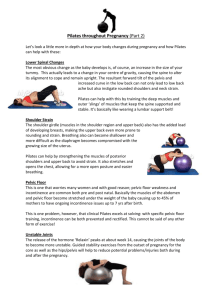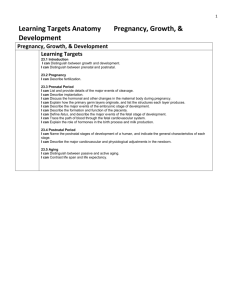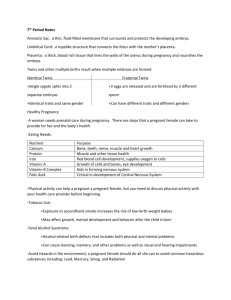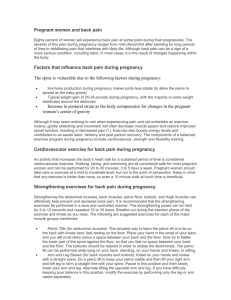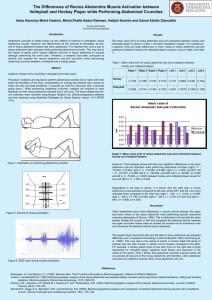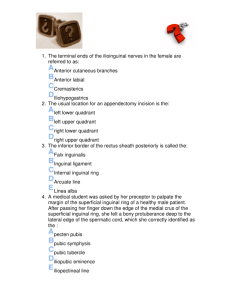Pregnant - Preggi Bellies
advertisement
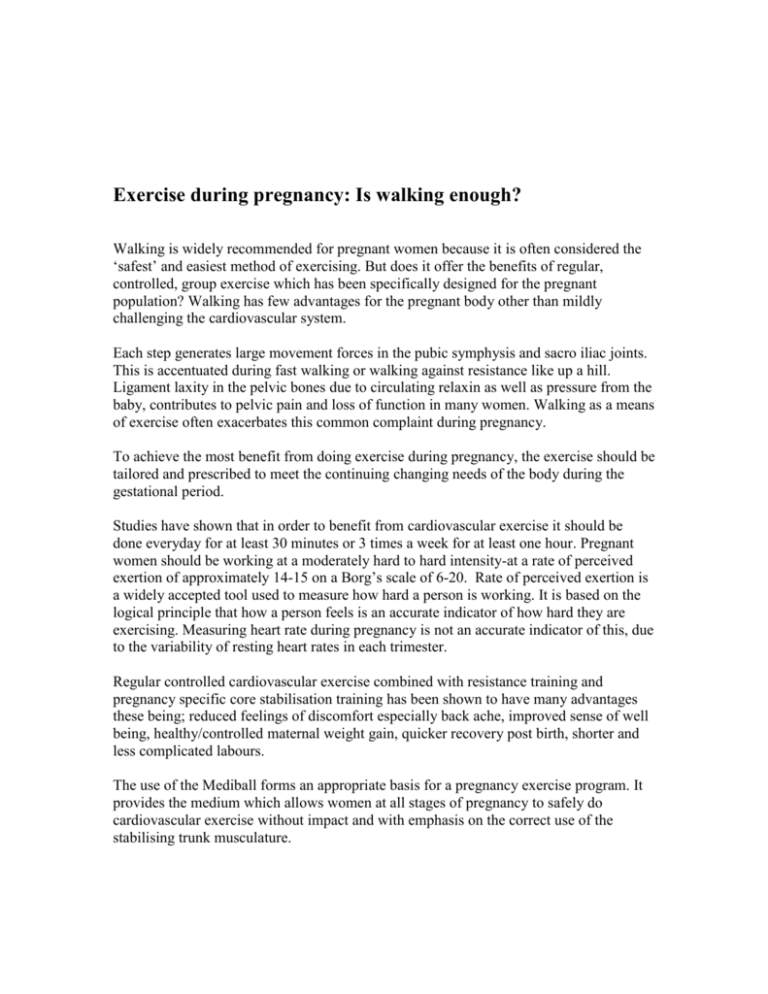
Exercise during pregnancy: Is walking enough? Walking is widely recommended for pregnant women because it is often considered the ‘safest’ and easiest method of exercising. But does it offer the benefits of regular, controlled, group exercise which has been specifically designed for the pregnant population? Walking has few advantages for the pregnant body other than mildly challenging the cardiovascular system. Each step generates large movement forces in the pubic symphysis and sacro iliac joints. This is accentuated during fast walking or walking against resistance like up a hill. Ligament laxity in the pelvic bones due to circulating relaxin as well as pressure from the baby, contributes to pelvic pain and loss of function in many women. Walking as a means of exercise often exacerbates this common complaint during pregnancy. To achieve the most benefit from doing exercise during pregnancy, the exercise should be tailored and prescribed to meet the continuing changing needs of the body during the gestational period. Studies have shown that in order to benefit from cardiovascular exercise it should be done everyday for at least 30 minutes or 3 times a week for at least one hour. Pregnant women should be working at a moderately hard to hard intensity-at a rate of perceived exertion of approximately 14-15 on a Borg’s scale of 6-20. Rate of perceived exertion is a widely accepted tool used to measure how hard a person is working. It is based on the logical principle that how a person feels is an accurate indicator of how hard they are exercising. Measuring heart rate during pregnancy is not an accurate indicator of this, due to the variability of resting heart rates in each trimester. Regular controlled cardiovascular exercise combined with resistance training and pregnancy specific core stabilisation training has been shown to have many advantages these being; reduced feelings of discomfort especially back ache, improved sense of well being, healthy/controlled maternal weight gain, quicker recovery post birth, shorter and less complicated labours. The use of the Mediball forms an appropriate basis for a pregnancy exercise program. It provides the medium which allows women at all stages of pregnancy to safely do cardiovascular exercise without impact and with emphasis on the correct use of the stabilising trunk musculature. The pelvic floor, transversus abdominis muscles, erector spinae as well as the oblique muscles are challenged during the exercises prescribed on the Mediball. These exercises focus on safety, comfort and functionality. Rectus separation/diastasis occurs as a normal process with the growth of the foetus/uterus, the linea alba thins and stretches in response to relaxin to allow the muscle belly of rectus abdominis to move apart around the bump. Special attention has been made to ensure that the abdominal muscles are not neglected throughout the different phases of pregnancy due to their important role in stabilising the spine and pelvis. Testing with diagnostic ultrasound has been undertaken on the rectus abdominis muscle, transversus abdominis and oblique muscles in pregnant women to demonstrate the effect of the exercises on these important muscles. The testing demonstrates that the exercises performed specifically for abdominals including the posterior pelvic tilting on the ball successfully utilised rectus abdominis and transversus abdominis muscles. The use of transversus abdominis muscle in a cocontraction with rectus abdominis prevented excessive or increased diastasis of the rectus. Studies have shown that exercise can and should be maintained to term as long as no contra indications to exercise exist. Education on common conditions or complaints and ongoing review of clients in our program ensures that modifications and changes are made where necessary. It is essential that we strive to educate and empower women to safely achieve a sense of body awareness, optimise their strength and endurance and finally maximising their function during this important time. Lisa Carr Physiotherapist Preggi Bellies Exercise for Pregnancy 1300 72 71 71
